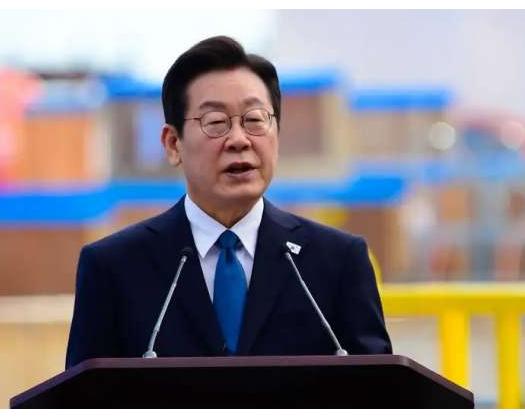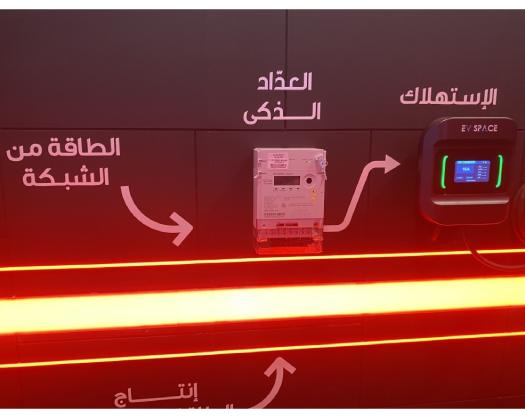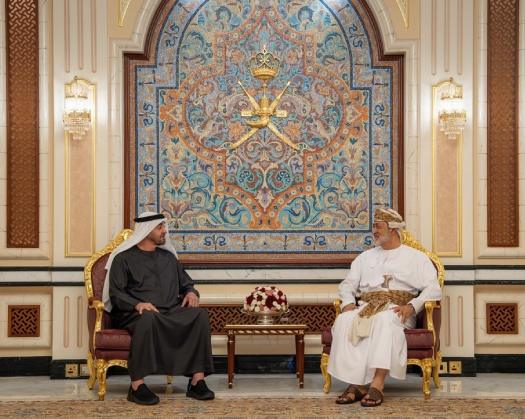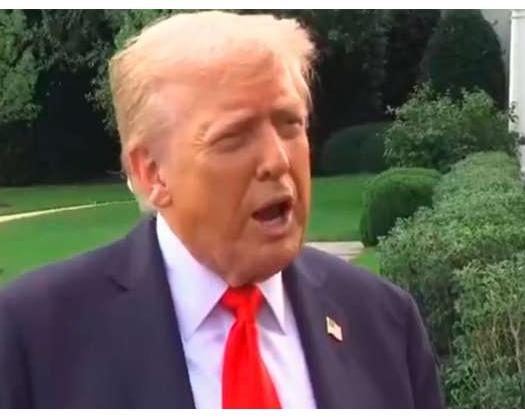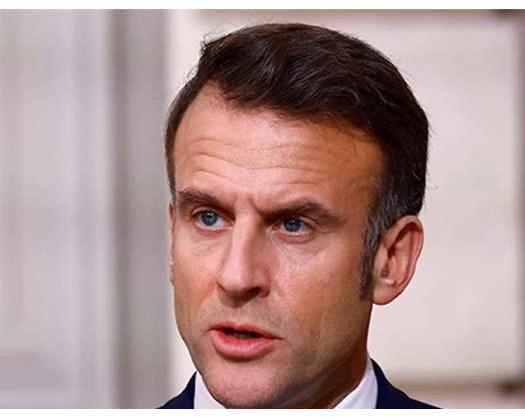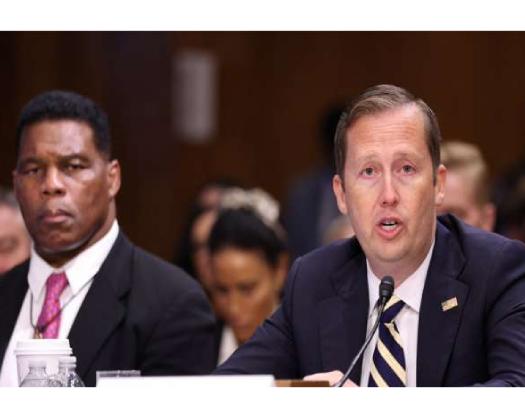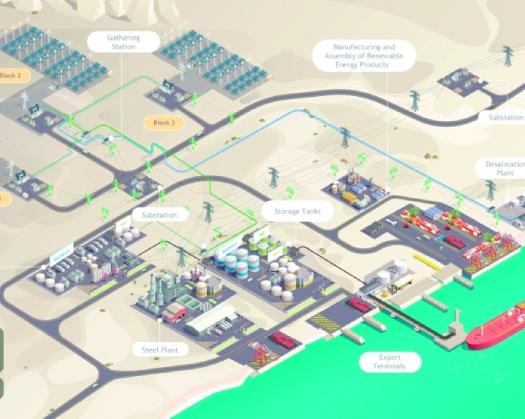Seoul: On Thursday, South Korean President Lee Jae Myung described the US immigration raid at a Hyundai factory as "bewildering," warning that it could negatively impact future South Korean investments in the United States.
This raid marked the largest single-site anti-immigration operation since US President Donald Trump intensified his immigration policies, a key focus since his return to office in January.
During a press conference, Lee expressed that the raid is likely to make South Korean businesses "hesitant" about pursuing investments in the US.
Last week, the apprehension of approximately 300 South Korean workers during a large-scale raid at a Hyundai-LG battery factory in Georgia raised alarms regarding the feasibility of conducting business in the US.
He mentioned that the detained workers are expected to be released from the detention center at 3 p.m. Korean time on Thursday and will return to South Korea.
Following the detentions, Lee stated that South Korean companies are left questioning whether establishing a plant in the US is worth the associated risks.
"This situation could significantly influence future investment choices, especially when assessing the practicality of direct operations in the US," he concluded.
The incident has sparked outrage in South Korea, occurring just after a significant trade agreement was established between the two nations to prevent the substantial tariffs threatened by Trump.
Seoul is seeking ways to alleviate tensions.
In the aftermath of the raid, South Korean Foreign Minister Cho Hyun traveled to Washington to address what has turned into a diplomatic crisis.
Lee mentioned that Seoul is engaged in discussions with Washington "to ensure that visa issuance for investment-related purposes continues to function normally."
This may involve "securing additional quotas" or potentially establishing a new visa category, he stated, expressing confidence that the "US side will find a resolution."
"However, given the current situation, Korean companies will likely have no option but to be cautious about making direct investments in the US," he concluded.

